A research team from the Department of Environmental Technology at the Faculty of Chemistry at the University of Gdańsk, led by Prof. Adriana Zaleska-Medyńska, has developed an innovative air purification technology that effectively eliminates volatile organic compounds, inorganic pollutants, and microorganisms, including viruses. The invention has been patented and has already found its first practical applications.
The developed technology is based on modified titanium oxide (TiO₂) nanotubes activated by UVA radiation emitted by energy-efficient diodes. The photocatalysis process that takes place on their surface leads to the decomposition of harmful substances into harmless carbon dioxide and water. The innovation of the solution lies in the fact that pollutants are not retained, as is the case with HEPA filters, but completely decomposed. In addition, the technology effectively inactivates bacteria, fungi, and viruses.
The nanomaterials used in the technology have been enriched with copper and silver nanoparticles, and their production is based on a simple electrochemical method that allows the same reagents to be reused and the process to be easily scaled.
The project was developed in collaboration with scientists from Jagiellonian University and BEWI, a manufacturer of window and door joinery, which developed the first prototype of an air purifier based on the invention. The device is currently being tested in hospital conditions.
The technology received funding from the National Center for Research and Development (NCBR), which enabled the continuation of research and development work and the start of implementation and commercialization activities. The industrial partner is developing the project, focusing on optimizing costs, efficiency, and the possibility of widespread use of the devices.
The team of inventors from the University of Gdańsk, alongside Prof. Adriana Zaleska-Medyńska, includes Dr. Paweł Mazierski, Dr. Joanna Nadolna, Dr. Beata Bajorowicz, and Dr. Anna Gołąbiewska.
Source: Science in Poland, University of Gdańsk










